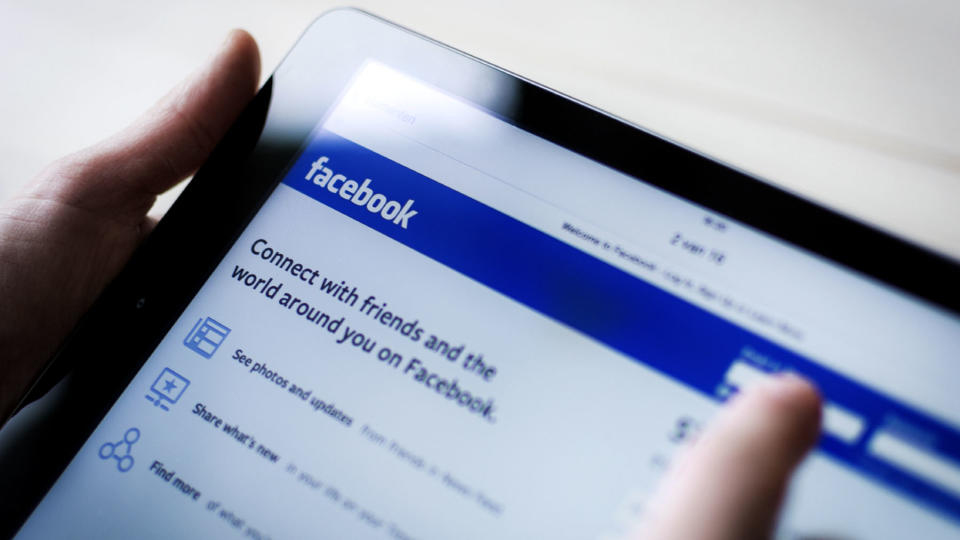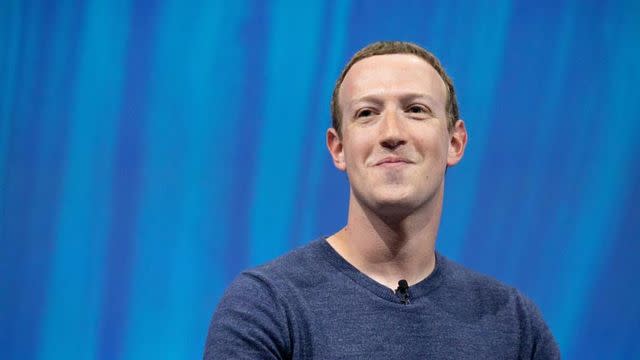Here’s why Facebook is making us all so anxious, according to science

Most of us have had that moment where our finger hovers over the Facebook app as we think, ‘I should really just get rid of this.’
Researchers from Stanford University monitored people who gave up Facebook for a month – and found that they were happier, less anxious, less depressed and had a better attention span.
They also got back an hour a day on average, the researchers say – and spent it with friends, or watching TV, instead of online.
Talking to Recode this week, lead author Matthew Gentzkow explained why Facebook is so ‘polarising’ – and why highly emotional, divisive content tends to spread on the network.
Gentzkow said, ‘What exactly are people’s motives when they click “Share”? That, I think, is something we need more research on. It’s not just that I’m choosing for my friends to see this. I’m just choosing for my friends to see that I shared it, and so that means content that kind of signals my identity is going to get shared a lot more.

‘If we’re all on the blue team, kind of rah-rah cheerleading partisan content that favors the blue team might be something I’m going to tend to want to share in that sense, because I want everybody to see that I’m part of the team.’
The Stanford and NYU study, The Welfare Effects of Social Media, is one of the most in-depth studies of the effects of quitting Facebook so far.
Read More
Trump ‘bought painting of himself for $60k using his own charity cash, then kept it’
Medics performed emergency C-section on dying crash victim who wasn’t pregnant
Nine men jailed for nearly 133 years after ‘appalling catalogue’ of abuse of two girls
The researchers wrote, ‘Our results also make clear that the downsides are real.
‘Deactivation caused small but significant improvements in wellbeing, and in particular on self-reported happiness, life satisfaction, depression, and anxiety
‘We find that four weeks without Facebook improves subjective wellbeing and substantially reduces post-experiment demand, suggesting that forces such as addiction and projection bias may cause people to use Facebook more than they otherwise would.’
Facebook said in a statement that the research is ‘one study of many on this topic; it should be considered that way.’

 Yahoo News
Yahoo News 
